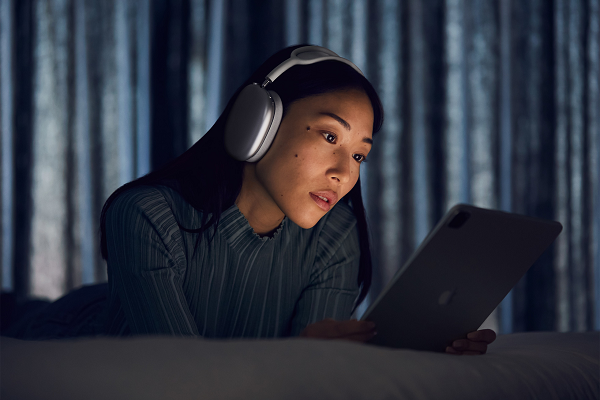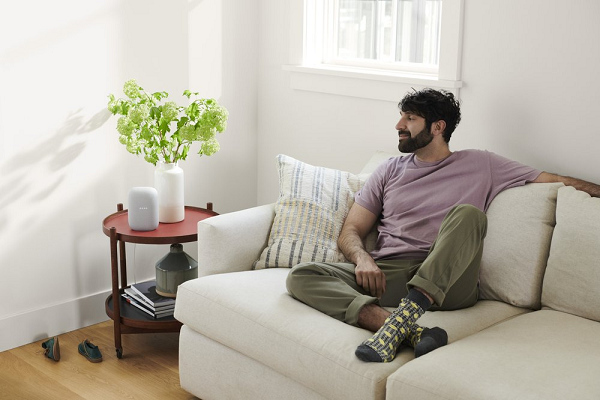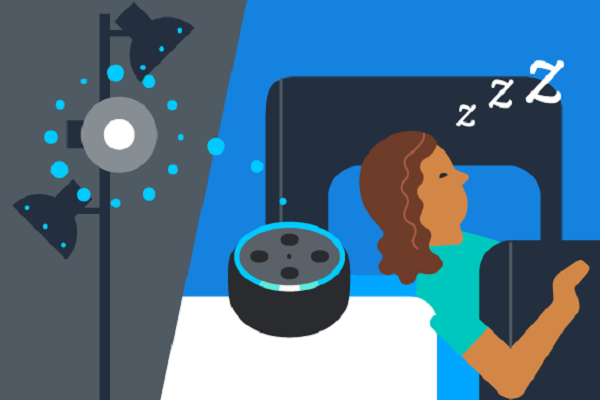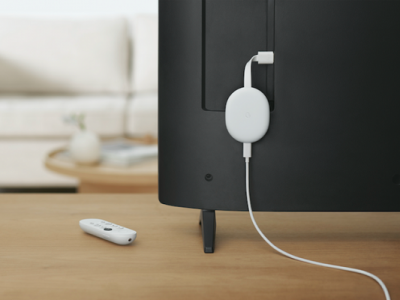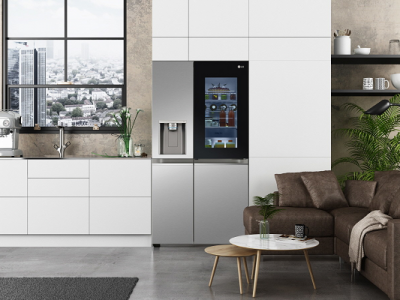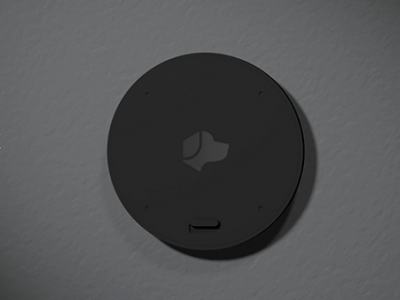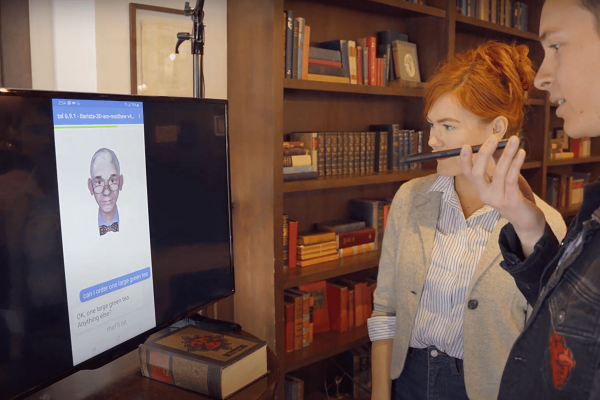

Editor's Note: This can be a guest post written by Todd Mozer, CEO of Sensory.
This month Orange chose to stop selling its Djingo smart speaker and it didn't get much notice. However i think it's significant. it implies that a $30 billion telecom giant can't contend with the likes of Google and Amazon (incidentally they were using SoundHound technology that is about as good a cloud recognizer being an independent general-purpose assistant has attempted). Additionally the failure of Bixby from Samsung among the world’s largest hardware electronics conglomerates and also the issue begins to become clearer.
The Power of Data
Here's the issue. Google, Amazon, and Apple are investing so much and collecting so much data that it'll be very very difficult for other people to effectively penetrate broad domain purposes of voice assistants. Part of it is definitely an accuracy issue, part of it is infrastructure and ownership from the necessary cloud components, and part of it is the sheer force of a large number of employees trying to gather more data, analyze failures, tackle new domains, and do everything else required to make a general purpose assistant work nicely. Including selling hardware at near breakeven to construct a person base and collect more data.
Yeah. A variety of it is all about data! Sensory did an interesting experiment recently. We used a few of the open source techniques like Wav2Letter for generating advanced acoustic models and combined it with certain features from Sensory's arsenal like our language models. Then we trained on some free data sets. We found our approach could compete head to head with Google within the data domain by which we trained. But when we switched to other domains (like asking several customers to test out our alpha software) we fell apart. We always knew how data specific training is, however this really highlighted it.
The Need for Specialty Domains
But all isn't lost and that is since most companies don't really need a general-purpose assistant. I already have an Alexa or Google Home or Apple HomePod in many of the rooms within my house-and I carry my phone around with me basically need use of information. I do not need more generalist assistants. I need specialists that can help with specific problems or products. This is when the concept of domain-specific assistants is necessary. And what's important here is that it’s not so hard to get or exceed the accuracy of Google, when you concentrate on a specific domain. A domain can be something as easy as “cooking” or it can be a interface on an app or product. Vocalize.ai proved this to all of us inside a test of Sensory's natural language Microwave versus Amazon and Google.
But to create domain-specific assistants you'll still need to collect a ton of data, right? Well, soon the answer might be “no.” Recent advances with generating and training with synthetic data have enabled accurate models without the need for live data collections. The combination of domain-specific assistants and training with synthetic data is opening new opportunities and can function as the path forward for businesses that want to possess their voice experience. Everyone knows that innovation never stops which is particularly true in the voice technology field. So, don't give up on competing with the likes of Amazon, Google, and Apple. “Your brand with your voice” is closer than it may seem.


